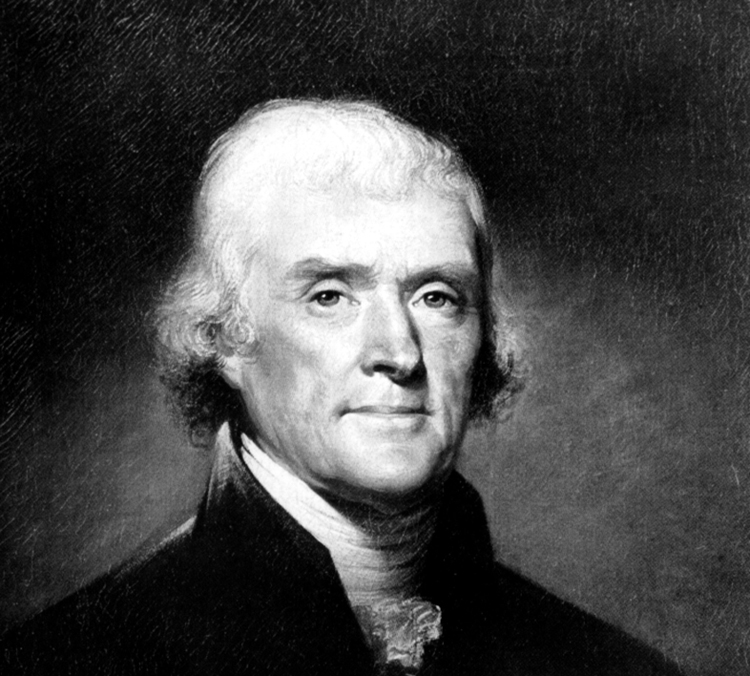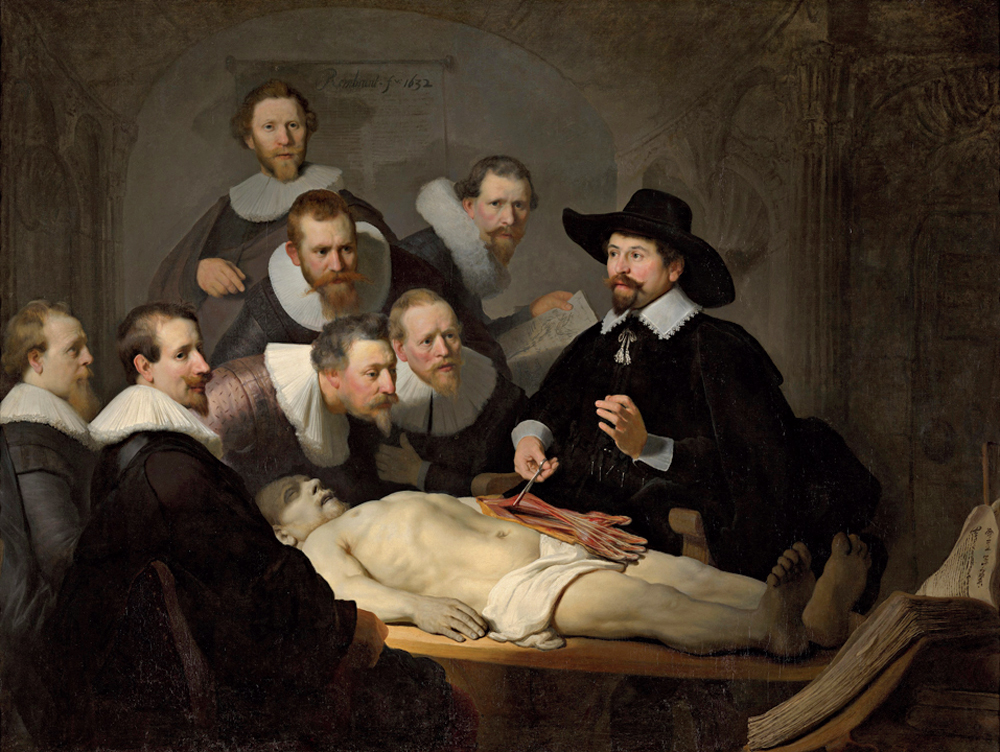In Aristotle’s philosophy, the prime mover is the cause of universe, but that itself is not moved by anything else. This seems to be the case with the prime movers of our political discourse, starting from Pericles down to Iqbal. They are the prime movers of political consciousness, but, as Ferdinand Mount claims, are themselves not moved sufficiently by the reality of their times. Prime Movers, authored by Mount, who is a British journalist and political essayist, is a remarkable attempt to examine the views of twelve of the greatest political thinkers: Pericles, Jesus, Jean-Jacques Rousseau, Adam Smith, Edmund Burke, Thomas Jefferson, Jeremy Bentham, Mary Wollstonecraft, Giuseppe Mazzini, Marx, Gandhi and Iqbal. Mount’s prime movers are of different origins, but their thoughts have a universal dimension in terms of their appeal to audiences during their lifetimes and thereafter.
Mount quite justifiably considered these thinkers prime movers not because we agree with them in everything they said but because we cannot remain indifferent to their thinking while responding to the political discourses of our time. It is not as though their views are flawless. In fact, Mount shows in great detail how they are wrong about various issues starting from an understanding of the ground realities of their times to their anticipation of future socio-political situations. One of the daring endeavours in the book is the author’s presentation of Jesus as a political thinker; Mount goes on to explore various problems in Christianity.
Numerous books have been written about these thinkers, but Mount’s work stands apart for a number of reasons. Instead of developing coherent ‘isms’ out of their views, as is usual, Mount has tried to find and examine at length the astounding gap between their thoughts and statements on the one hand and their actions on the other. The attempt to homogenize each of these thinkers and connect them to both their predecessors and successors in an unbroken chain is mistaken. Mount points out that it leads to “double fatal blandishing” — both internally and externally. And this practice is pervasive in the way these thinkers have been depicted by many political theorists. Mount has relentlessly exposed the gap between theory and practice in these thinkers. One of the important lessons we learn from this book is that one should not indulge in constructing seemingly coherent theories of political discourses by undermining the nuances of the discourses themselves.
Each of these thinkers had a unique way of not only interpreting but also responding to the social and political situation of his or her time. They did not just interpret the political discourses of their time, but they also tried to change the course of these discourses. But the question is: how far have they been able to achieve this. Marx in the Western context and Gandhi in the Indian context are worth mentioning. Marx’s intention to change the world, not just to interpret it as philosophers have done, and Gandhi’s attempt to change our souls through various innovative methods such as satyagraha, can be considered amongst many as reasons for which both deviated from academic philosophy and pure theory.
As Mount’s aim is to show contradictions in the views of these thinkers, conflicts in Gandhi’s thoughts, for example, can be shown more clearly if one considers the thoughts of B.R. Ambedkar, who is Gandhi’s contemporary, and, at the same time, one of his fiercest critics. But surprisingly, in the chapter on Gandhi in this book, Ambedkar got only a single negligible mention.
The contradictions that Mount finds in these thinkers are many, and they are also of different kinds. Gandhi, himself a city-dweller, insisted on the virtues of village life of India. Starting from Gandhi’s difficult treatment of his own children to Jefferson’s cruel treatment of his slaves — this book brilliantly narrates the inconsistencies that these thinkers embody. But the way these have been presented seems to be superficial in some contexts. Gandhi, for example, was reasonably on the right track in his insistence on village life in the sense that most people in India experience rural living.
One of the most important insights we get from this book is that though the emergence of some of these prime movers in the eighteenth century leads to the ‘birth of the modern’, they have taken to task the idea of singular modernity. On the one hand, we see that Adam Smith, for example, considers the division of labour as the starting point of civilization and progress. On the contrary, it is, for Rousseau, the greatest tragedy for mankind. Instead of a singular conception of ‘modernity’, we find various contending conceptions of it. Throughout the book, Mount has highlighted the conflicting nature of the core principles of these thinkers. As we look deeper into their ideas, we realize even more that the task of synthesizing their thoughts while neglecting various discrepancies is deeply flawed. It is one task, although not a negligible one, to show contradictions in these thinkers’ ideas while taking into consideration their personal lives on the one hand and their theories on the other. It is certainly another task which should have been accomplished, at least at the theoretical level, to derive deeper implications from these contradictions, personal or otherwise, and evaluate how their political theories stand in relation to these contradictions. This is what is lacking in Mount’s book. He has shown the contradictions with humour, but did not exploit them enough to their legitimate end.
The author in his book has painstakingly established detailed connections between the ideas of these personalities with the various circumstances of their personal lives and times, and shown how they emerged from those situations. A large part of the book seems to be biographical in nature and the author unapologetically thinks that we need to look into these details in order to understand a thinker completely. But this is not the only point of departure in the work. Mount has also taken great care to situate their thoughts in relation to their successors and see how situations changed and how far they changed in subsequent times. Mount hopes not only to debunk the thoughts of these thinkers but also to find out what remains as their time-tested contribution. To accomplish this, however, it would have been better if he had thrown more light on some of the important interpreters of these thinkers, and situated their thoughts in the present scenario of notable political developments across the globe.
These ‘prime’ movers of our political discourse have been seen by many political scientists as flawless; the dogmas surrounding them have not been considered. One of the main motives of the author in this book, as he says, is to “reunite the person and the dogma” and show how “one gives birth to the other”. The book is lucidly written in the manner of a story with rich and engaging content. But one wishes at times that the book could have been more coherent in approach and subject matter.
Prime Movers: From Pericles to Gandhi — Twelve great political thinkers and what’s wrong with each of them; By Ferdinand Mount, Simon & Schuster, Rs 799












